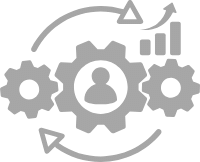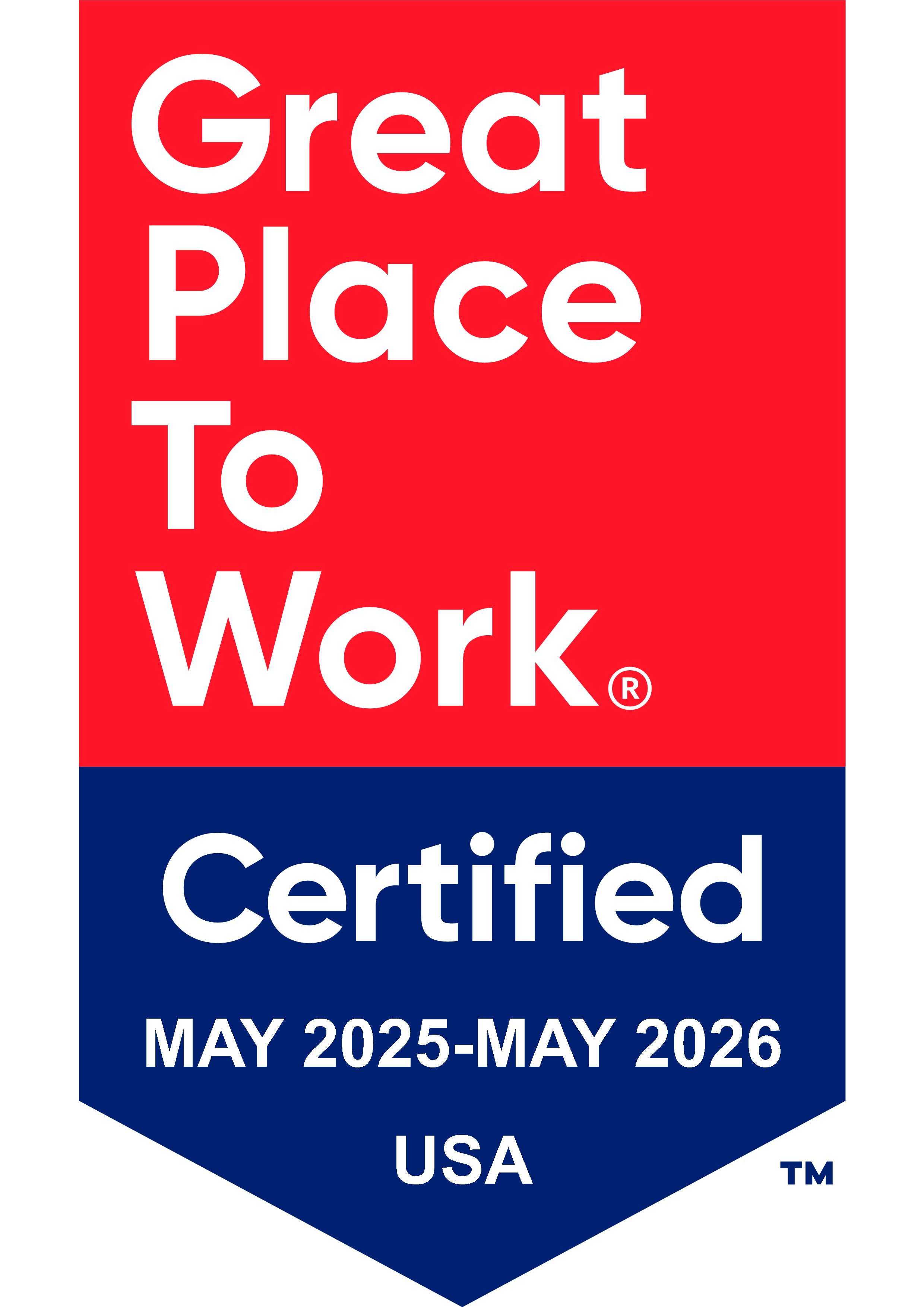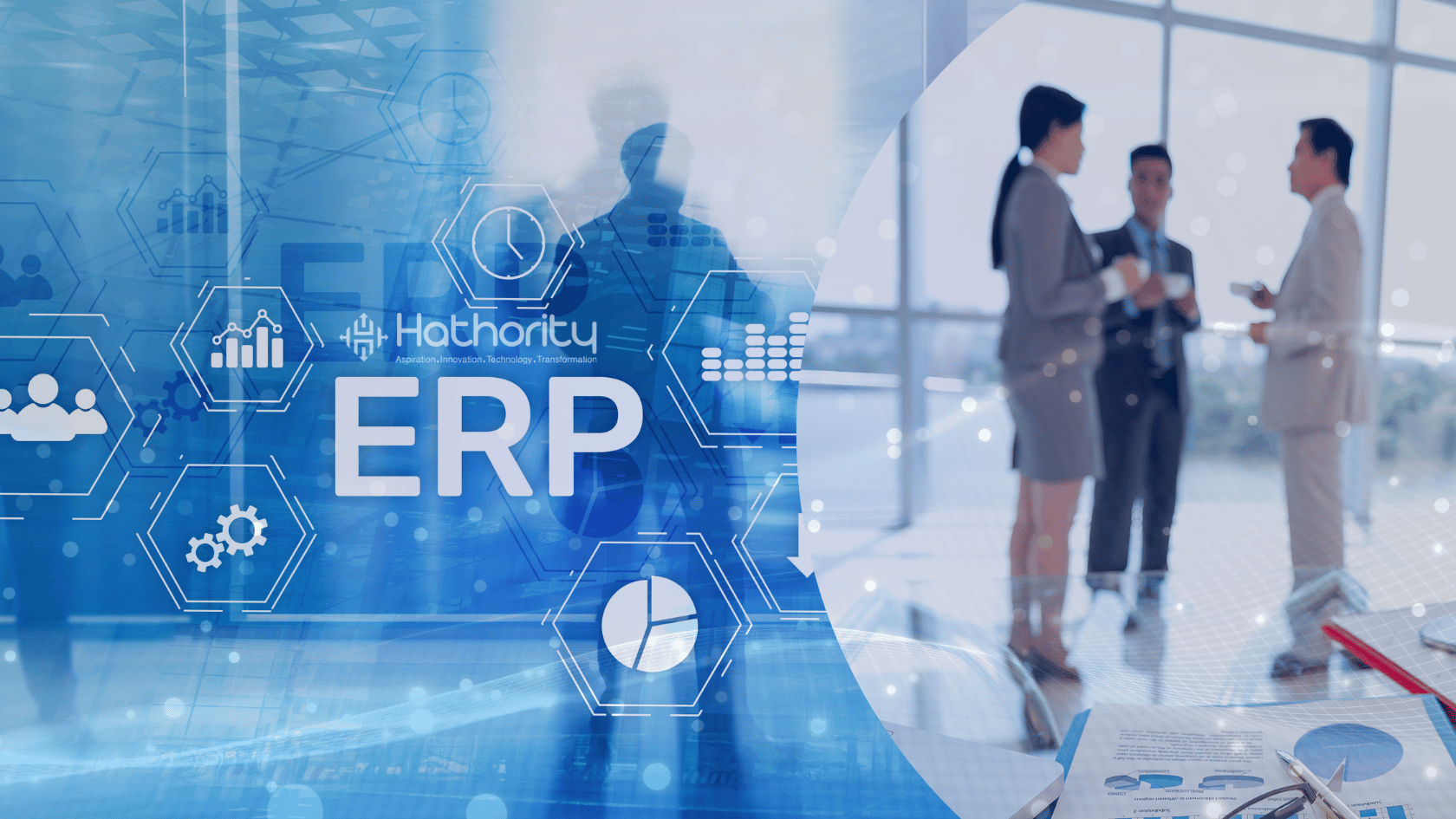In the dynamic world of business technology, Enterprise Resource Planning (ERP) systems play a pivotal role in ensuring efficient operations. As companies strive for growth and innovation, modernizing their ERP becomes imperative. This guide explores the impacts, challenges, and opportunities tied to ERP modernization, with a special focus on the benefits of integrating Boomi—an industry-leading integration platform. This combination promises to make the essential journey smoother and more rewarding.
What Modern ERP Systems Bring:
Modern ERP (Enterprise Resource Planning) systems bring a host of features and benefits to organizations, helping them streamline their business processes, enhance efficiency, and make informed decisions.
The Positive Changes from ERP Modernization:
Boosted Efficiency: Modern ERPs streamline processes, cut down on manual work, and boost overall efficiency, leading to better productivity. Smart Decision-Making: Having real-time data supports informed decision-making, helping organizations stay ahead in a changing business landscape. Happy Customers: Modern ERP solutions often include improved Customer Relationship Management (CRM) features, promoting better customer engagement and satisfaction.
Challenges to Tackle:
Data Migration Puzzles: Shifting data from old systems to modern ERP can be tricky, needing careful planning to avoid disruptions. Integration Challenges: Making sure the new system smoothly connects with existing ones and third-party apps requires a solid integration plan. Team Adjustment: It’s common for employees to resist change, so investing in change management is crucial for a smooth transition.
Opportunities in the Midst of Challenges:
Innovation Hub: ERP modernization opens doors to innovation, letting businesses use emerging tech like AI, IoT, and blockchain for a competitive edge. Savings Opportunity: Despite the initial cost, modern ERPs often lead to long-term savings through increased efficiency and lower operational costs. Flexibility Boost: A modern ERP system offers the agility needed to adapt to market changes quickly, making businesses more responsive to evolving landscapes.
Simplifying and Speeding up ERP Modernization with Boomi(Specializes in integration platform as a service, API management, master data management and data preparation):
Seamless Integration: Boomi, as a leading integration platform, facilitates smooth integration between ERP systems and various applications, ensuring a unified and connected business environment. Data Consistency: Boomi ensures consistent and accurate data flow across different systems, eliminating the risk of data discrepancies. Rapid Deployment: Boomi’s low-code environment allows for quick and efficient development, accelerating the overall ERP modernization process.
How Hathority has done this ERP modernization?
Recognizing the imperative for ERP modernization, Hathority embarked on a strategic initiative to comprehensively transform its operations, enhancing efficiency and responsiveness. The company meticulously crafted a business case, delineating specific goals, costs, opportunities, and risks associated with the modernization process. This meticulous planning provided a clear roadmap, aligning crucial business processes with the anticipated benefits of a modern ERP system.
In accordance with prevailing industry trends, Hathority chose a cloud-based ERP solution, a preference gaining popularity for its capacity to eliminate upfront costs and streamline implementation timelines. Embracing cloud technology afforded the company the flexibility and adaptability required in today’s dynamic business landscape. The cloud-based ERP system not only addressed Hathority’s immediate needs but also positioned it as a more scalable and agile entity amid evolving competition and market pressures.
Hathority’s ERP modernization transcends a routine upgrade; it represents a strategic maneuver to distinguish the company in the market. Harnessing the advantages of modern ERP, Hathority has optimized internal processes, enhanced employee experiences, and elevated customer service, collectively contributing to increased productivity and improved financial outcomes. This strategic approach positions Hathority as a forward-thinking organization well-equipped to navigate the challenges of a rapidly changing business landscape.












